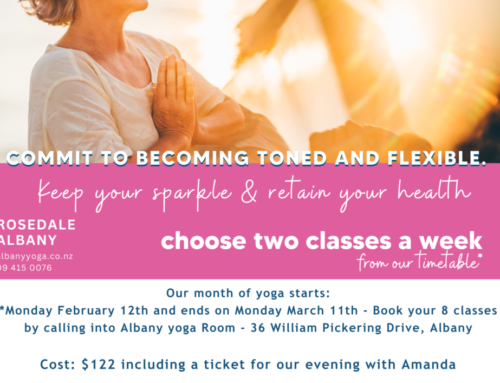
Do you identify with stress and what you do at that time?
Have you ever thought about stress as a condition and not an illness? The word stress comes from the word distress and is created by external sources being heightened by our internal responses. It is those increasingly negative effects that cause illness. Of course, it helps if you have a strong nervous system or you are good at letting off steam.
I studied Vitality and Stress with Guru Mukh in New York. I had no idea at the time that it wouldn’t be just, a time for deep relaxation and breathing exercises. *Far from avoiding all stress and trying to avoid challenges, stepping up and working with good changes and peak performance exercises helps to adapt the body to the response of stress. When we are exposed to a stressor or pain or a threat we mobilise our resources to meet the challenge. A short high-level pulse of adrenaline is ok as we return easily and quickly to a normal level. Within the yoga training, we learned to manage our stress and Eustress (positive stress or excitement).
Hens Seyle in 1936 an endocrinologist documented health, personality and emotions and contributed to the early discoveries for positive coping and healing mechanisms.
He said we need a deeper “relaxation response” If we don’t we start to swell, inflame and get sick from too high cortisol levels. He talked about control of the mind. As we know, we have many tools exercise, meditation, positive thoughts, beliefs, pranayama, to keep us from negative emotions and to bring us back from fears so we have a good lifestyle.
But did you know the body can cope better if it is used to chosen challenges?
So during lockdown, you could yourself by keeping to good routines and allow yourself to experience healthy stressors by challenging yourself, building the nervous system and having fun at the same time. Depression is common within prolonged lockdown situations and interestingly is a characteristic of higher cortisol levels remaining throughout the day. Robing a person of the ability to enjoy a quick burst of energy. Yes, we need to avoid toxic stress build-up by both becoming aware of deep relaxation and also of healthy excitement or eustress.
While we are in level four and beyond you might add to your routines by:
- Learn something new every day, big or small!
- Push yourself outside of your comfort zone. This may mean taking on a new responsibility or developing a new skill or doing things for a personal goal one bite at a time.
- Exercise, breathe, Yeap and yoga!
- Learn how to set great trackable goals that are realistic and stretch your comfort zones. Creating good habits in small pieces so that you don’t move from Eustress to distress.
How do you know when you have that balance right? You don’t crash when you put on the breaks and you don’t panic when new stress comes your way.
Unless you really do see a lion of course then it dissipates with the threat and you have the coping skills to manage your fears.
*excerpts taken from KRI international teacher training




